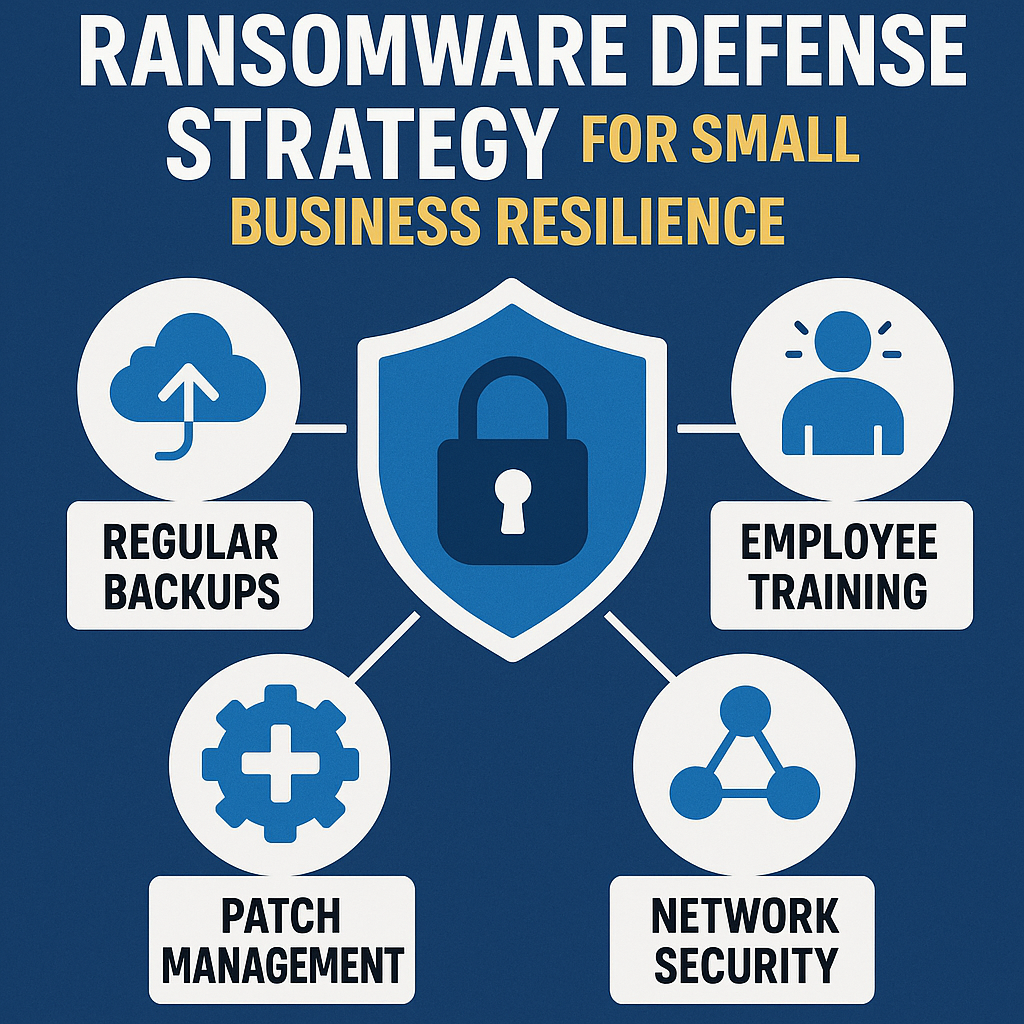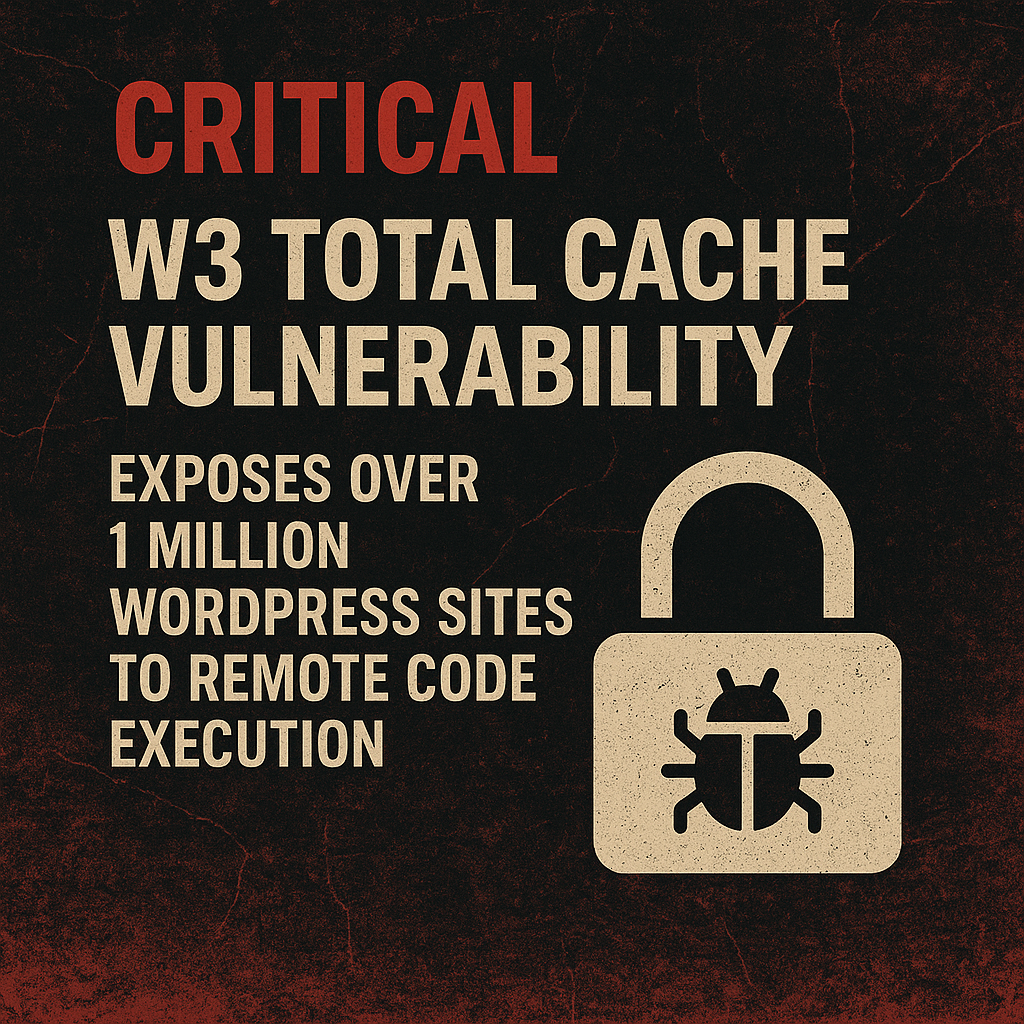
Cloud Migration Services: How to Move to Microsoft Azure Without Downtime
A comprehensive guide detailing the methodology and critical importance of conducting a zero-downtime cloud migration to the Microsoft Azure platform. It emphasizes that while Azure offers significant benefits, including enhanced security and scalability, avoiding operational disruptions is essential, as system downtime results in severe financial and reputational damage. A successful transition demands careful planning, comprehensive pre-migration assessments, and the use of technical strategies, such as blue-green deployment and data replication, to ensure continuous business continuity. The guide also addresses ongoing considerations, including the need for thorough testing, adherence to security compliance, and post-migration resource optimization to control cloud costs. Ultimately, the source promotes the use of professional cloud migration services to manage these complexities, specifically highlighting the end-to-end expertise of the vendor, Technijian. ... Read More



